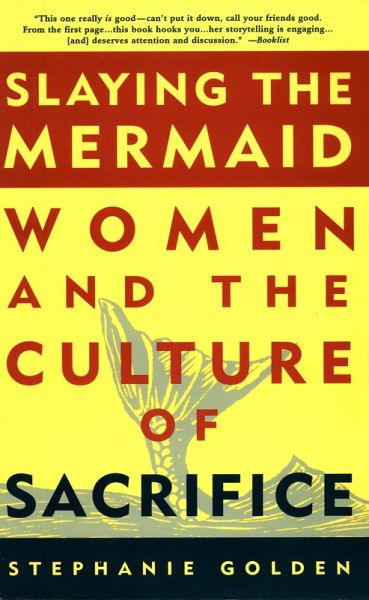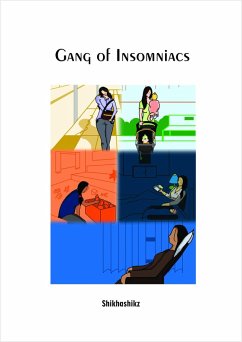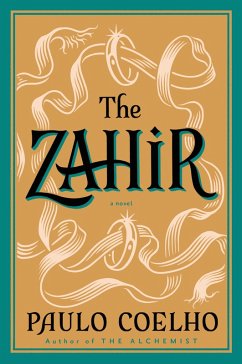
Slaying the Mermaid: Women and the Culture of Sacrifice (eBook, ePUB)

PAYBACK Punkte
0 °P sammeln!
Why do so many women feel obliged to put other people's needs first, even when they don't want to? The self-sacrificing impulse comes from women's history, not their nature, says Stephanie Golden. Drawing on interviews with experts and a diverse group of women, plus extensive scholarship, Golden traces the historical, cultural, and mythic factors that gave women the responsibility to sacrifice and suffer for the benefit of our entire society. "Slaying the Mermaid" (a title inspired by Hans Christian Andersen's Little Mermaid, the ultimate self-sacrificing woman) illuminates common female exper...
Why do so many women feel obliged to put other people's needs first, even when they don't want to? The self-sacrificing impulse comes from women's history, not their nature, says Stephanie Golden. Drawing on interviews with experts and a diverse group of women, plus extensive scholarship, Golden traces the historical, cultural, and mythic factors that gave women the responsibility to sacrifice and suffer for the benefit of our entire society. "Slaying the Mermaid" (a title inspired by Hans Christian Andersen's Little Mermaid, the ultimate self-sacrificing woman) illuminates common female experiences: the belief that being a "good mother" means endless self-sacrifice; romance, the surrender of a woman's very being to an ideal embodied in a powerful man; on-the-job "enabling" that makes the boss look good while undermining a woman's own career; the obsession with weight, which makes a virtue of self-denial. Golden analyzes the psychological effects of the self-sacrifice mandate, then expands this theme beyond individual experience to its broader social meanings. She helps women distinguish self-destructive from positive, constructive forms of sacrifice, so they can reclaim the original meaning of sacrifice as an act that both transforms and empowers.
Dieser Download kann aus rechtlichen Gründen nur mit Rechnungsadresse in A, B, CY, CZ, D, DK, EW, E, FIN, F, GR, H, IRL, I, LT, L, LR, M, NL, PL, P, R, S, SLO, SK ausgeliefert werden.













